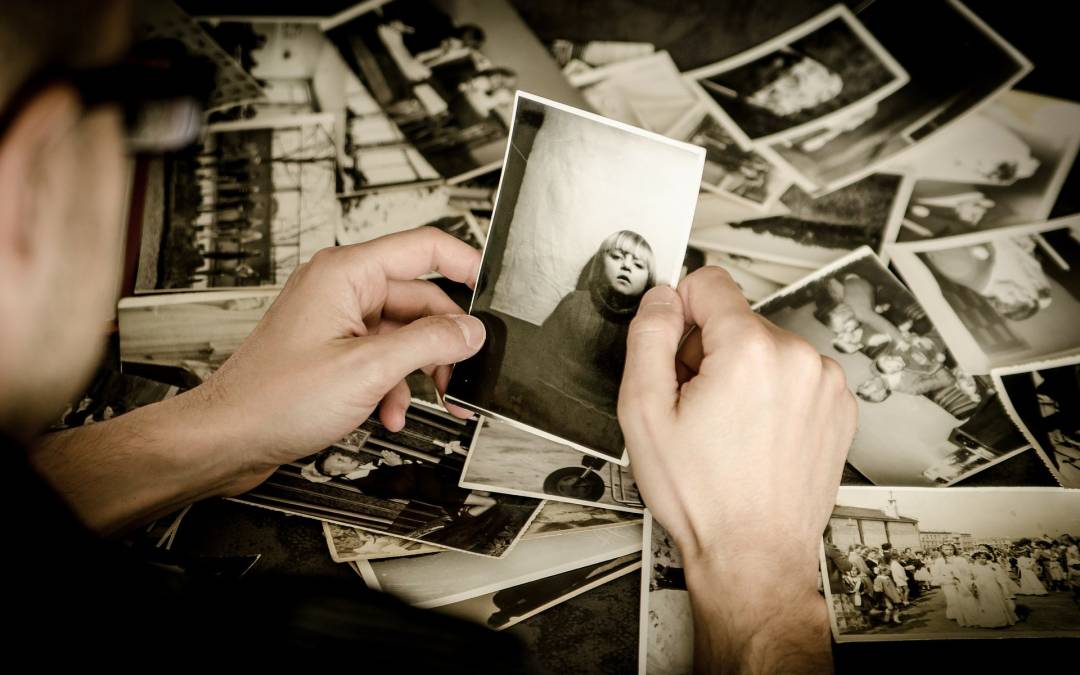Are you the kind of person who has a fantastic memory and can remember things like the outfit your love wore the first time you went on a date? Or maybe in school, you were one of the top students because you never forgot an assignment and were able to remember every definition or rule easily.
For some of us, remembering things might not come as quickly. I have been called scatterbrained at times, but perhaps this isn’t such a bad thing after all. Recently a paper was published in a journal called Neuron that says not only is it normal to forget things but according to research, it makes us smarter.
Paul Frankland and Blake Richards of the University of Toronto are the researchers who wrote the paper, and they propose that memory’s goal is not to pass on exact information over time but to optimize intelligent decision-making by keeping the essential data and forgetting what’s not as relevant.
“It’s important that the brain forgets irrelevant details and instead focuses on the stuff that’s going to help make decisions in the real world,” Richards said.
After looking at years of data on the memory, memory loss, and brain activity in both humans and in animals they came to this conclusion. Frankland was studying mice and found that when new brain cells formed in the hippocampus (the area of the brain associated with retaining further information), the new connections overwrote the old memories and made them harder to access than they previously were.
The constant swapping of old memories for newer ones has real evolutionary benefits. “If you’re trying to navigate the world and your brain is constantly bringing up conflicting memories, that makes it harder for you to make an informed decision,” Richards said. It allows us to better adapt to new situations if we have let go of outdated information.
When we can forget specific details about past events, but still remember the bigger picture, it lets us better apply the previous experiences to situations we currently face.
Researchers say that we shouldn’t be too hard on ourselves if we frequently forget things, which is excellent news for me. I’m one of those people who has been known to walk into the kitchen after offering a friend a drink and forgetting what they asked for by the time I get to the refrigerator.
“You don’t want to forget everything, and if you’re forgetting a lot more than normal that might be cause for concern. But if you’re someone who forgets the occasional detail, that’s probably a sign that your memory system is perfectly healthy and doing exactly what it should be doing,” Richards said.
Luckily for us, living in this modern age has given us many tools to help with the things we need to remember. At any moment we can pick up our phones, press one button and be able to speak to anyone in our contacts list. Or if you can’t remember every ingredient for a recipe, you can easily find this information in a quick internet search. Knowing that our phones and tablets keep this information ready, helps free our brains to store the memories that matter more to us.
Regular workouts at the gym help “clean out” your memory system and are recommended by Richards to make your brain healthier. “We know that exercise increases the number of neurons in the hippocampus. Yes, that may cause some memories to be lost,” he says, “but they’re exactly those details from your life that don’t actually matter, and that may be keeping you from making good decisions.”
There are also a few brain exercises you can do to help keep your memory sharp:
Strengthen Hand-Eye Coordination
Playing catch is an excellent way to improve your hand-eye coordination. Try throwing a tennis ball at a wall and take turns catching it with one hand and then with the other. You can also invite a partner to play catch, which would help both of you. Taking up painting and learning to juggle are also unusual ways to strengthen your hand-eye coordination.
Use Your Memory To Draw a Map
Sit down with a pencil and a piece of paper. Clear your mind and concentrate on your neighborhood. First, draw your street, then the street it connects to. See how far you can get and then compare it to an actual map. Who knows, you might surprise yourself and be able to draw your entire city!
Test Your Recall
Make a list and see how well you remember it without looking at it. If you’re anything like me, I’m sure you do this quite often when you get to the grocery store and realize the list you made is still sitting on the kitchen counter at home. See how many items you can remember and check yourself when you get back home (or before you get to the checkout lanes if your list is in your pocket).
Solve Math Problems Without A Calculator
Try to solve mathematical problems in your head without the use of a calculator or paper and pencil. For an even more significant challenge do this while you do other things, like cleaning or taking a walk.
All of these exercises can be extremely helpful but remember, that most of all: it is ok to forget – and now there is research to back that up.
Please Share with Your Friends and Family
About the Author: Bethany Vincent is a writer from La Grange Kentucky who has loved playing with words since she first learned to speak. She lives with her teenage son and adopted dog daughter in a cute, yellow house with a picket fence. During college at the University of Louisville, she could be found at the writing center most of the time and her main areas of focus were literature, creative writing, and visual arts. Bethany has contributed articles and created content for many websites and blogs during her writing career. In her free time, she enjoys gardening, juggle-dancing, yoga, photography, cooking and singing along with her favorite songs while in the car driving. In the future, she plans to finish writing her first book and hopes to travel to all the beautiful places that she’s read about.














